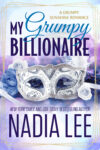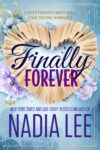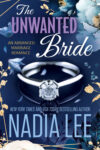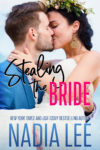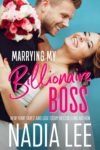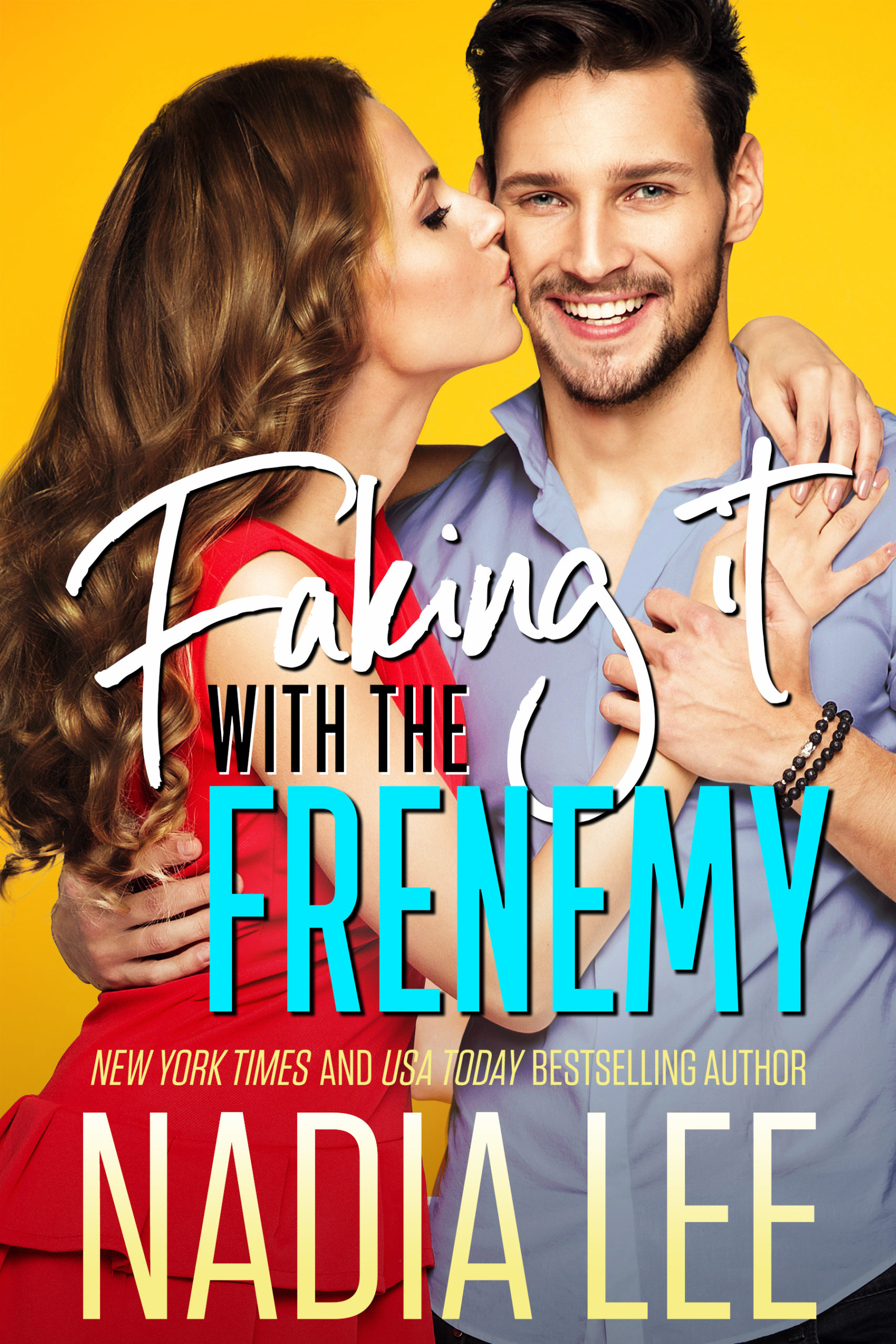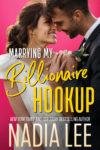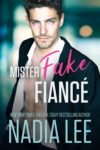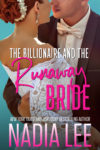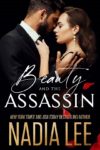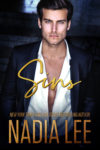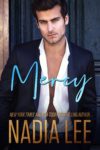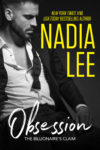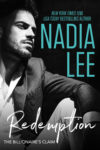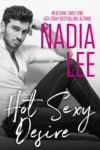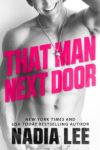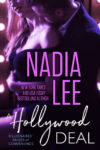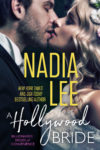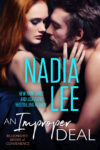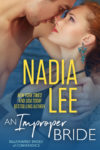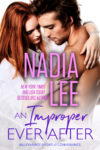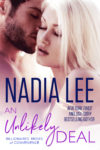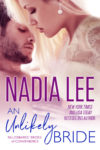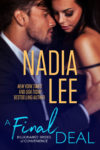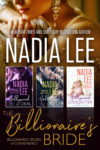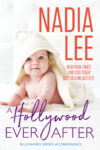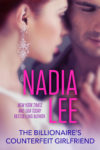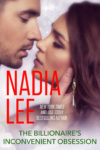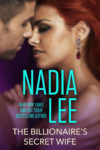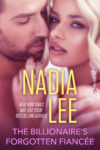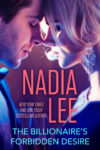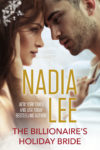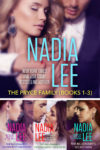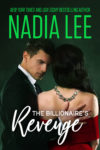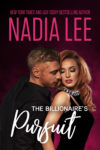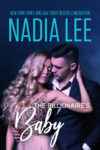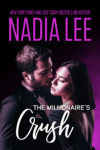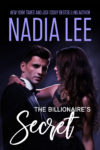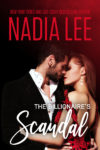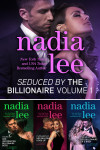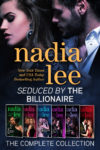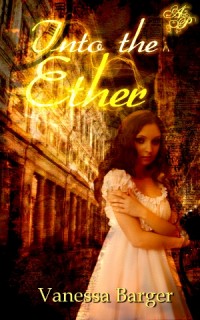 Thanks Nadia, for letting me crash the blog today. I hope you all enjoy!
Thanks Nadia, for letting me crash the blog today. I hope you all enjoy!
You've all heard it before — when writing sci-fi/fantasy or paranormal you have to world build, and you have to do it well. Sadly, those voices are right.
Readers can sniff out a hitch in your world building like a bloodhound on the trail. They know. I love fantasy and paranormal, and whether writing adult or YA, there's always a little fantasy in there. I used to wing it. Then, after having to complete a massive edit several weeks after finishing a book, I realized I had written down nothing about the world the story was taking place in. I spent countless extra hours scouring through the manuscript for silly things like hair color and whether or not that building was where I thought it was.
Some people swear the first thing you should do is fill out a character questionnaire for each character in your book. While I do find those, with their millions of questions a little tedious, I have learned to keep a list of each character's physical traits (excellent when you're filling in a cover art form), as well as little things about them I think are important.
But world building goes deeper than that. With world building, you have to think about EVERYTHING. I'm starting a sci-fi set on another planet with a different social system and small town. I've gone through and named everyone in town. Each person. At first, I did it as an exercise in making myself fill up the slim moleskin notebook I bought to use as a “world diary.” Then, after I finished, I realized that I had built family relationships into the different people, I had created a community in my head just by putting their names down on paper. While I don't expect everyone to do that — name every person in their town — it is something to think about. If your character interacts with them, no matter how small a part they play, they have to have a little depth, or they're little more an a dummy propped up in the corner for your character to speak to during the scene.
For this story it was also important to know the layout of the town. In the past, I'd just wing it and hope for the best. This time I sat down with a paper and pencil and sketched out the town. Amazing the difference it made. As I used my ruler and laid down the streets and footprints of the buildings, I could see each one.
Now when I sit down and make plot notes (for all that I'm telling you to do this, I despise outlines. They're too confining for me) I can see more clearly what's going on. There's a mine in my story, and I haven't done anything with that. I can already see that I will have to sit down and sketch out the mine, because the town is so clear to me that without that step, any reader will be able to notice the fact that I didn't plan the mine as well.
Is it more work? A little. But its strangely amusing too. I can make the shop keep my main character sees everyday from a distance be a peg-legged former pirate. The MC doesn't know, the reader doesn't know, but I do. And I think it's hilarious that he's given up sailing to take care of an obnoxious pet parrot who gets seasick in his old age.
It makes the story and world more real to me, which will give it more life to the reader.
Besides making your writing easier and more vibrant (I hope) the world bible also does one other very important thing — as you're writing, when you have a question about something you've put in there, you can go back and check whether it fits like you think it does. You can check to see how far your hero has to run before turning left at the school. You know, because the map of town is right there in front of you. It makes putting in details easier, and helps keep you from making silly mistakes because you can't remember something.
So — try it, even if its just once. Keep it in a spiral notebook, a moleskine, even a software program like OneNote (I love OneNote, but writing it down means I don't have to toggle between programs). I think you'll notice a difference. And enjoy it!
If you want to see what else I've got going on, check out my blog.
I also have a YA steampunk romance out from Astraea Press called Into the Ether.
As a Touch-Know, Genevieve has never been required to steal more than a few paltry coins. But when a powerful stranger requires their help, her family of street-wise thieves sends her to get the most important thing they've ever decided to liberate. It was supposed to be a simple overnight job. Instead, Genevieve is required to appear attached to her mark, the curator of the British Museum. For Genevieve it becomes more than an act, and her problems are far more significant than the possibility of her lies being discovered.
When her family betrays her, she must make an important choice — turn to the man who has destroyed everything she holds dear, or strike out on her own.
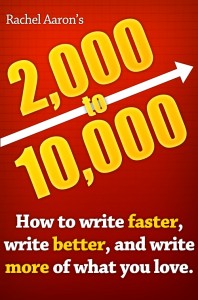
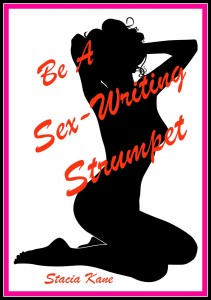 Be A Sex-Writing Strumpet by Stacia Kane is something I wish I'd read years ago. I always struggle with sex scenes — which is terribly frustrating for a romance writer who includes sex scenes in many of her books — and I needed to find a way to write sex scenes better and faster.
Be A Sex-Writing Strumpet by Stacia Kane is something I wish I'd read years ago. I always struggle with sex scenes — which is terribly frustrating for a romance writer who includes sex scenes in many of her books — and I needed to find a way to write sex scenes better and faster.













